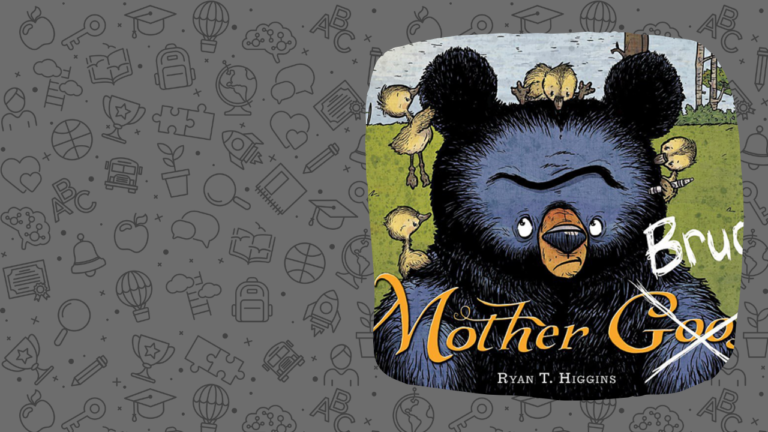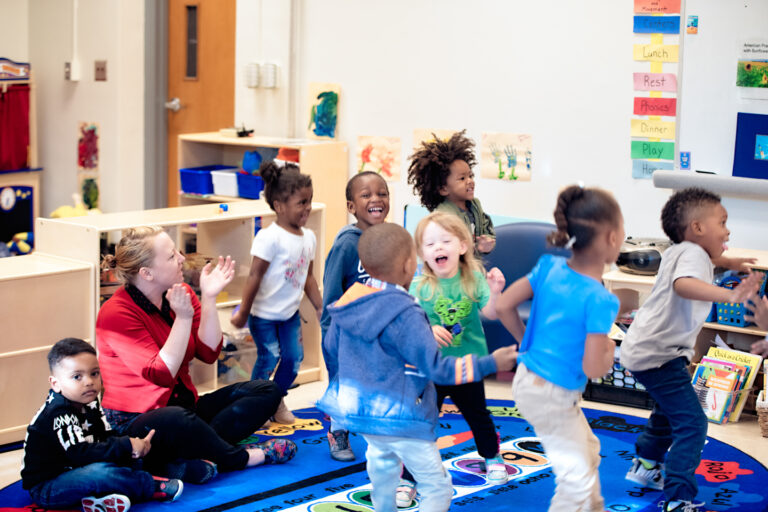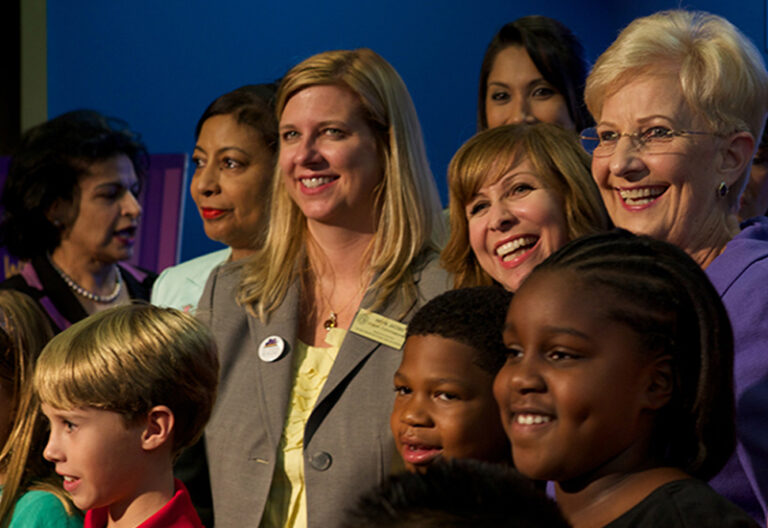Over the next weeks, early childhood teachers will welcome a new group of children to their classrooms. Current demographics show that an increasing number of these children will be dual language or multilingual learners – children learning and developing in two or more languages.
Picture Valentina, a four-year-old entering Pre-K. She is eager to learn and wants to share the experiences she has accumulated in her first four years, yet she can only do so in Spanish, the language of her home, where she has thrived. Imagine Valentina’s experience when her teachers cannot communicate with her, and she is unable to participate fully in the classroom.
Valentina is part of a large, diverse, and growing population of children. According to the Migration Policy Institute, one in three children under the age of 8 years in the U.S. are dual language or multilingual learners (DLLs). More than 80 percent of DLLs speak Spanish. However, nationwide, more than 140 languages are represented. While many have immigrant parents, more than 90 percent are U.S. citizens. For many, their first experience with English will be when they enter Pre-K or formal school.
From birth, all children are capable of learning more than one language. Multilingualism is associated with many cognitive, social, linguistic, and academic benefits and is common in over half the world’s population. (The National Academies of Sciences, Engineering, and Medicine (NASEM) 2017), . In the US, however, most DLLs are educated in English-only classrooms, unjustly deprived of opportunities to develop and use their first language assets, and often performing academically at lower levels than their monolingual English-speaking peers.
Ironically, private and public bilingual education programs are proliferating, mostly due to demands from middle and upper-class families of native English speakers who recognize the benefits of bilingualism in a global society. Despite evidence that DLLs who participate in these programs outperform those in English-only programs, many of them are not afforded the same access their privileged, English-dominant counterparts enjoy.
Science and practice are not aligned. Decades of research compel us to reject deficit perspectives leading to misaligned approaches which negatively impact our expectations, and subsequently, outcomes, for dual language learners. Instead, we must view DLLs through the lens of the powerful advantages associated with knowing more than one language.
Research shows that having a solid foundation in the first language contributes to learning English. Valentina will thrive when her progress is not measured against expectations held for her monolingual peers. When her teachers are familiar with her cultural and language background, understand her development in more than one language, and intentionally support her learning through the strategic use of the first language and other instructional supports, she will excel. Her peers will benefit from hearing her different life perspectives, which will prepare them well for the world.
The Atlanta Speech School’s Rollins Center for Language & Literacy and its free online learning community Cox Campus are committed to literacy and justice for all. For Valentina and all DLLs, we work to co-construct an ecosystem that will support them to become adults with choices and powerful voices in more than one language. Watch The Gift, Rollins Center’s promise to DLLs to celebrate and include the gift of their first language in the classroom.
Debunk the myths that exist around multilingualism – Through TALK WITH ME BABY we share with families that language nutrition can be delivered in any language and should be in the language they feel most comfortable speaking. Bilingualism does not confuse children but rather, confers many benefits.
Build the knowledge and skills of teachers and leaders – Cox Campus’ free Preschool DLL courses build the expertise of teachers and leaders to construct a language-centered ecosystem where teachers adopt a strengths-based approach and engage in instructional practices that integrate DLLs’ first languages.
Ensure Georgia’s Spanish-speaking DLLs have a more meaningful Pre-K experience – Through a ten-year partnership with Georgia’s Department of Early Care and Learning (DECAL), Rollins supports DECAL’s Bilingual Rising PreK Summer Transition Program for Spanish-speaking children entering Pre-K. This summer, over 70 classrooms statewide participated in the six-week program, serving approximately 700 children. Teachers share with us “the incredible growth children experienced in this short period” and “the many skills they acquired through this wonderful program.”
Build the capacity of Hispanic family childcare providers – More than 80% of Hispanic children under 3 are cared for by family childcare providers or family, friends, and neighbors in their own communities. Often, these providers have limited training in early childhood education, limited English, and limited access to professional learning opportunities in a language they understand. Through a generous grant from The Goizueta Foundation, we are developing free courses in Spanish to support these providers to launch December, 2022
To achieve literacy and justice for Valentina and all dual language learners, we must equip all teachers with the science-based knowledge, skills, and resources they need to teach dual language learners best. We stand in agreement with the US Department of Health and Human Services and US Department of Education joint vision policy statement on Supporting the Development of Children who are Dual Language Learners in Early Childhood Programs, stating, “Given the growing number of young children who are DLLs and the sizable proportion of the workforce they will make up in the coming years, ensuring they are prepared for school and do well once they arrive is an economic imperative that will directly influence the competitiveness of the U.S. in an evolving global economy. “
We must recognize, as Atlanta increasingly becomes an international city, that our multilingual citizens are an asset and should be afforded the right to decide their own futures, in any language. For more information, contact the Rollins Center for Language & Literacy at [email protected]
National Academies of Sciences, Engineering, and Medicine (NASEM). 2017. Promoting the educational success of children and youth learning English: Promising futures. Washington, D.C., The National Academies Press.



